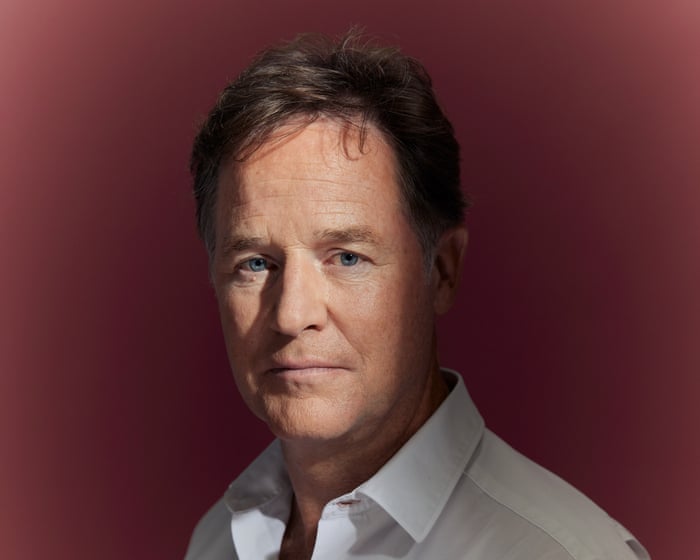UEFA has paid over €10.8 million (£9.4 million) in “solidarity” funds to Russian football clubs since they were banned from European competitions following Russia’s invasion of Ukraine, the Guardian can reveal.
These payments were made while five Ukrainian clubs reportedly missed out on similar funds because their locations were deemed to be in a “zone of military operations.”
Solidarity payments are typically given to clubs that don’t qualify for European competitions, helping to balance the financial gap between teams that do and don’t participate in continental tournaments.
Russian clubs and the national team have been barred from international competitions since Vladimir Putin launched the invasion in February 2022. Despite this, UEFA paid €3.3 million to the Russian Football Union in 2022-23, €3.4 million in 2023-24, and €4.2 million for 2024-25. An additional €6.2 million was paid in 2021-22, according to UEFA documents. The Russian Football Union is required to distribute these funds to clubs.
Meanwhile, directors of five Ukrainian clubs wrote to UEFA president Aleksander Čeferin on 27 July, protesting an “extraordinary situation” where their solidarity payments for 2023-24 and 2024-25 were withheld.
The affected clubs—Chornomorets and Real Pharma (Odesa), Metalurg (Zaporizhzhia), Phoenix Mariupol (the occupied southern port city), and Metalist 1925 (Kharkiv)—said they were told the payments were blocked due to unclear Swiss banking requirements tied to their locations being in a “war zone.”
The clubs argued that this reasoning was flawed, stating: “The term ‘zone of military operations’ is unclear and doesn’t reflect reality. The entire country is under Russian aggression, not just specific regions.” While Mariupol and parts of Zaporizhzhia are occupied, Odesa and Kharkiv remain under Ukrainian control.
The letter added: “Many loyal fans have gone to the front, some never to return. In these difficult times, financial support is crucial to help clubs cope with expenses that can’t be covered due to the war.”
UEFA initially promised a statement but later provided no response.
The revelations raise further questions about UEFA’s stance toward Russia, which has kept its position in European football governance despite the war.UEFA still has ties to Russia because its football federation, the Russian Football Union, hasn’t been suspended. Polina Yumasheva, who was once married to billionaire oligarch Oleg Deripaska (known as the Kremlin’s “favorite industrialist”), sits on UEFA’s governance and compliance committee. She is also the daughter of a former adviser to Putin.
In September 2022, Ukraine’s manager Oleksandr Petrakov was fined by UEFA after telling The Guardian he would take up arms against Russia following its invasion of Ukraine.
UEFA also tried to reinstate Russia’s under-17 team in 2023, but the plan was dropped after opposition from several national associations, including England’s.
Last March, Ukraine’s football association wrote to UEFA, complaining that Russian clubs were still receiving ranking points despite being suspended. These points determine how many teams from a country qualify for European tournaments like the Champions League.
Russia is being awarded the lowest points it earned in the past five seasons, but critics argue this weakens the effect of the international ban.



